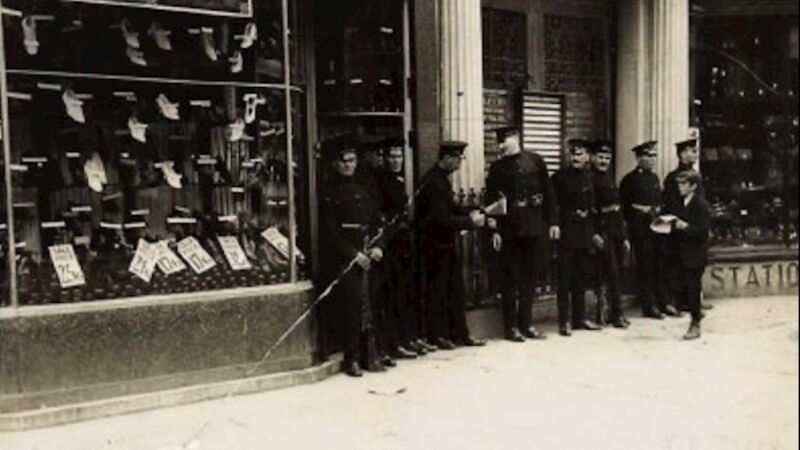Taoiseach and Justice Minister stand over planned RIC commemoration as Cork mayor announces boycott

A defiant Taoiseach Leo Varadkar has said the Government “stands over its decision” to commemorate members of the RIC, saying it is a “shame” some people are boycotting events.













